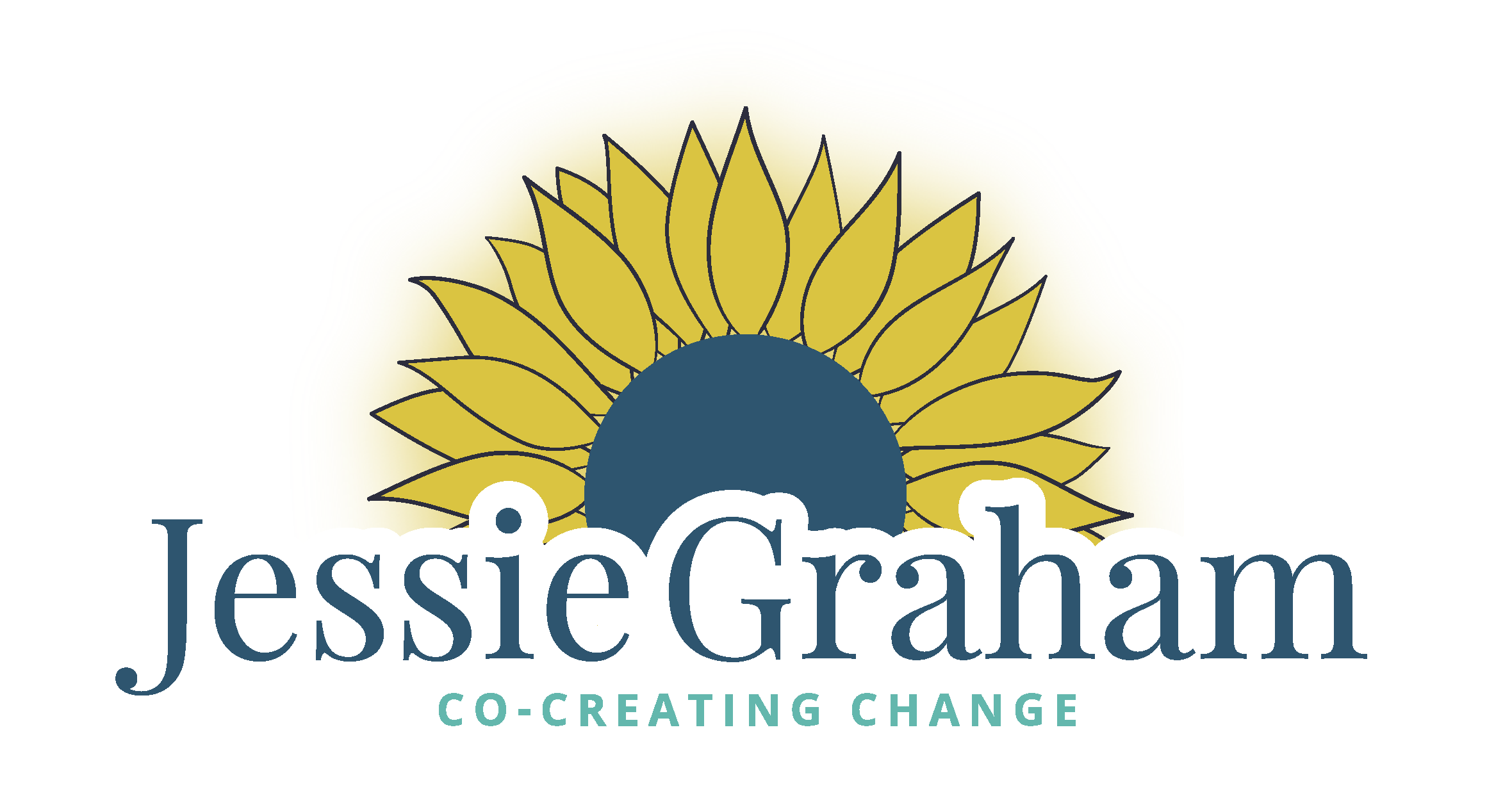Breaking the Cycle of “Trauma Drama” and Creating a Calm, Connected Community that Flourishes in the Most Challenging of Times!
A Community has a culture, and that culture includes the beliefs of the people that live there. And those individual beliefs are based on their experiences and how they feel about their experiences as well as how their life story has unfolded in their eyes. All of these beliefs impact how connected or disconnected the people in a community feel.
Because our world has experienced so much trauma over the centuries in the form of war, oppression, racism and a white supremacy, as well as the fact that our brains are wired for survival so they are on the look out for negativity and thrive on fear, our cultures can get stuck in a fixed mindset. Those fixed mindsets repeat patterns that eventually burn out and create “drama”. I call this “trauma drama”. When there is trauma drama in a community or organization you see and hear “differences” and people talk behind each others backs, they blame others for the outcomes that they don’t like, they hold grudges and they repeat this pattern. There is often blame and shame that becomes inherent in the cycle. There is an opportunity to interrupt the cycle and create a new healthy one. Just like in the Spring when new seeds are planted, there is an opportunity to cultivate new connections in communities each Spring as well.
Why? Because individual brains are in survival mode, with all the good intentions of the world. For example, there is a vacancy for a job. It becomes available up with 2 weeks notice and there is a sense of “panic” and repeat the process of “hiring” as we have in the past. There is a process that has been followed that is what we know and is familiar: putting an ad out there, having applicants submit resumes, interviewing and selecting a candidate. Ah. Mission accomplished, this person is better than the last, all is well. A year later, the underlying trauma drama in the community culture resurfaces, and the world continues to change. Variables stir things up. Salaries, housing, benefits, personal needs change. Everything keeps changing. And the community has one response to all of the changes. They rely on their leader and their board to fill the position and solve the problem.
Well, the underlying problem is still there. Community members who are leaders and board members and volunteers have their own lived experiences which inform their decisions. Their self awareness of how much those experiences influence their decision making, strengths and challenges, impact how they collaborate within the community.
Most importantly, those lived experiences happened in relationship with others. The person who wants to teach children often has lived experiences with their teacher and their parents that influence their desire to teach and drive how they focus their advancement and interactions. The person who wants to be a community leader or board member has lived experiences that influence their desire to be in a leadership role based on their relationships with and without leadership in their lives.
When there is an intentional process that supports the building of relationships community members can learn about each others stories and lived experiences, share common interests and strengths, understand differences, and become inspired to do things we had not thought were possible in both developing an ever evolving mission and supporting it.
Taking the perspective of others is something we learn to do in relationship. It is a lived experience. Coaching and relationship based interactions such as Therapy and Community Forums can provide opportunities for sharing perspectives and tune into our values. When we don’t have this experience of reflection and aligning our goals or missions with our values, we find ourselves in repeated situations, and in toxic stress. Sometimes we are in jobs we don’t like, relationships that fail, continued economic division, and frustration as a result of repeating the same process of hiring over and over again, spending money instead of investing money, planting seeds without nourishing them and therefore not flourishing!
So, if you want to take time to reflect on your community culture and learn more about who the leaders are, who the board members are, who the employees are, who the philanthropists are, who the helpers are, who the teachers are, who the workers are you can engage in Coaching for Community Connection where I will walk you through a process where you can unlock the stories that build perspective and help you to grow toward your goals. You can learn and repeat this process within, between and across Community Organizations so that the cycle becomes embedded in your community systems and the real growth comes each Spring! It’s like compost! Nurture the relationships they are so valuable! They change the future for our children.
